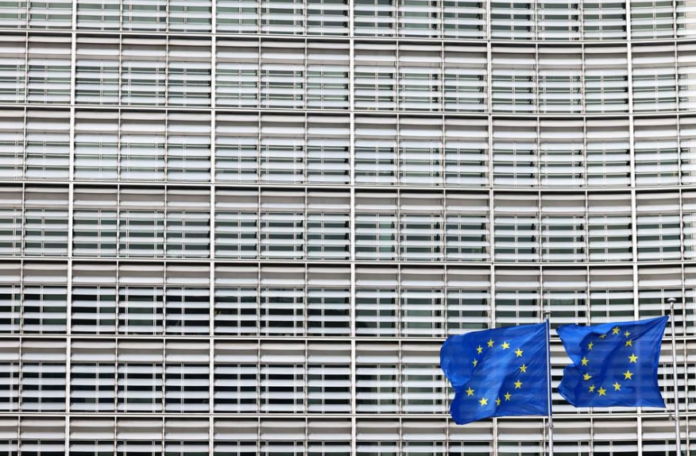European Union finance ministers are clashing over options to unify the supervision of national capital markets as the bloc is trying to bring closer the diverging systems to spur private investment for priorities including the green transition or defense, Bloomberg reports.
The president of the Eurogroup, Paschal Donohoe, said that member states disagree over the level of ambition to build a common supervisory regime as part of the roadmap to progress toward a capital markets union that the EU wants to settle by next month.
“There is a very strong diversity of views at the moment on the future of supervision,” Donohoe, who’s in charge of efforts to unite behind a set of proposals, said in an interview this weekend.
Speaking on the sidelines of the EU finance ministers meeting in Ghent, Belgium, he said that “we do have a lot of work to do in the next two weeks to see if we can identify a statement in that area that countries will support, but we will find one.”
Bringing down national barriers on issues such as supervision — seen as an essential pillar for a deeper capital markets — saving products and insolvency regimes have become more urgent as the EU faces increasing financial needs to cope with a long list of geopolitical risks, including a possible return of Donald Trump to the White House.
EU finance chiefs discussed the matter of supervision — one of the few outstanding items of the roadmap — but failed to make any progress. They are expected to reach an agreement by their next meeting on March 12, ahead of the EU leaders’ meeting on March 21-22, when the issue would likely come up.
Some countries are pushing toward a centralized system, others prefer a stronger coordination among national authorities, and a third group wants to maintain the current equilibrium based on national supervisory bodies and the European Securities and Markets Authority with a limited role for coordinating some of the national measures, Donohoe said.
He called for action as many risks and political developments in the world are demonstrating the need to strengthen the region’s foundations.
“Europe is acutely aware at the moment of the need for it to be able to stand firmly on its own two feet in the years ahead,” he said. “I really have felt this in a number of discussions of late that how we can strengthen ourselves is now a necessity,” he added against the backdrop of a possible Trump victory.
Some member states however are increasingly impatient with the lack of progress to build a capital markets union, a decade-old project, and have questioned the ambition of the ongoing discussions.
“I’m fed up with empty statements,” French Finance Minister Bruno Le Maire said on Friday ahead of the discussion. “ Do you really think that China and the US will be impressed with our statements? We need decisions. And we need strong decisions.”
Instead of trying to reach a deal among the 27 member states, Le Maire proposed to move forward with a group of three or four countries supporting more ambition on issues such as common supervision, bringing back more securitization to the markets and launching a pan-European saving product.
Countries including the Netherlands and Spain welcomed France’s push and, while they would prefer a EU-wide agreement, they are open to discuss options, people familiar with the matter said.
Donohoe said that there was some support for looking at how some countries could move ahead on a consensual basis.
“I want to see whether we can view the French proposal as complimentary to any action that the 27 are willing to take,” he said. “For me, the goal should always be if we can get a consensus amongst everybody.”


